Follow my blog with Bloglovin
If you’ve been following us on Facebook and Instagram, you would know that apart from trying to travel as much as we can, we’re also [re]discovering Thailand through adventures, sightseeing and brushing up on its culture/history.
So last weekend, we decided to drive down to Ayutthaya. This was the old capital of Thailand up until it was burned down by the Burmese army in 1767. It is now in ruins, hence its nickname, The City of Ruins.
Now we’re not here to give a history lesson but we’ll give some interesting facts and Did you know’s along the way. If you really to divulge in the history, we recommend you visit this site: History of Ayutthaya. Also, don’t forget to watch our highlight video at the end of the post.
Our Trip
The city is only 85 km from Bangkok, past the Don Muang Airport and Pathumthani province. Normally it would just take over an hour to get there but we had a few stops so it took us a bit longer.
As we entered the city, we realized we hadn’t really planned this trip well. We had no idea what we wanted to see (except a few sites I saw on Instagram) and what we should see. It wasn’t like it was a totally spontaneous trip either but we figured how much can there be? Oh boy, were we wrong.
Anyways, Kanika took out her smartphone and we went on TripAdvisor for some suggestions. Ayutthaya Historical Park. Hmmm, that sounded like a good place to start. Google maps…thank you, as we continued to drive on. Luckily, there are signs everywhere and the city is so well-planned, unlike Bangkok, that it is impossible to get lost.

After driving for a few minutes we came to the end of the road where the Ayutthaya Historical Study Center was located. We decided to skip the museum and go straight to the actual ruins.
Our first stop was the Ayutthaya Historical Park, which basically covers the ruins of the old city. Parts of the park were declared as a UNESCO World Heritage site in December 1991. Most of the sites and ruins here are restored from their original state since the attack and are huge tourist attractions.
Be advised that to go see most of these ruins, foreigners must pay 50 Baht entrance fee, whereas Thais pay 10 Baht.
Here we basically parked our car at the first chance we got and started exploring the area by foot. We saw tourists and locals riding bicycles but we weren’t sure where they got them from and didn’t think of finding out. We were fine walking and if we needed to go further, we would just get back in our car.
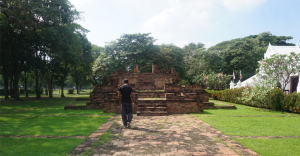
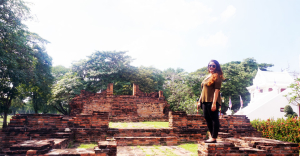
Next to where we parked was an Elephant Camp where tourists were taking elephant rides up and down the streets. We weren’t sure if this was inhumane and abusive to the elephants so we wanted no part of it. Plus, Kanika was pretty scared of them as they walked by us. I guess she won’t be joining me in bathing elephants at the sanctuary park in Chiang Mai.

We continued to explore the historical park where everything was pretty much walking distance. But it might be a good idea to rent a bike. It gets REALLY hot! You can ask one of the information centers and ticketing offices where to rent them.
The first ruin site we went to was Wat Phra Ram. The architecture follows the Khmer concept of temple construction, which consists of a central tower (Prang) surrounded by four corner towers (Chedis/Stupas). The temple has been restored a few times in the over the centuries, during the reign of King Borom Trailokanath and later by King Borom Kot in 2284 B.E.
The structures, even in ruin is an amazing sight to behold. 
Just across and to the right of Wat Phra Ram, we entered an even more magnificent site – Wat Phra Sri Sanphet. This was one of the largest ruins area with beautiful architecture and stunning backdrops. We walked around for about 20 minutes taking photos, speaking with a monk and I even started thinking how this was the perfect place to do some Parkour!


Next up, we drove down to Wat Maha That, another restored ruin with a fascinating history. Known as Monastery of the Great Relic, it is truly that. The exact dates of its construction is difficult to assess but it was somewhere around the mid-late 1300s. The most iconic feature of this site is the Buddha head in tree roots. Get in line people, because this is one place where hundreds of tourists are flocking to take pictures.

Walking around, I couldn’t help marvel at the sheer beauty. If the ruins could look this amazing, what it would have looked like back in the glory days? It must been have magnificent to say the least.

By now the sun was coming down so we decided to have an early dinner with a sunset view but while walking out of Wat Maha That, I noticed a postcard for another attraction that we just had to go see.
We made our way back to almost the beginning of Ayutthaya entrance to visit Wat Yai Chai Mongkhon. The temple can be easily found by going South at the Chedi roundabout.
This is a Buddhist monastery was constructed by King U-Thong to accommodate the monks that were ordained by Phra Wanratana Mahathera Burean. This monastery at the time was named ‘Wat Pakaew’. Afterwards, Phra Wanratana suggested to King Naresuan that a Chedi should be built within the monastery, which then became known as Wat Yai Chiamongkhon. The site houses hundreds of Buddha images that surround the monastery and even a large reclining Buddha near the main entrance.
Yet again, a magnificent sight to see that pictures and videos cannot justify.


The Buddha images that surround the monastery represent depictions over the centuries. If you look closely, you can see the details and differences.
By now, we were famished and the sun was quickly disappearing. We decided to call it a day and head to one of the local restaurants for some good Thai food.
Now we leave you to enjoy our video for a more immersive experience of the trip.




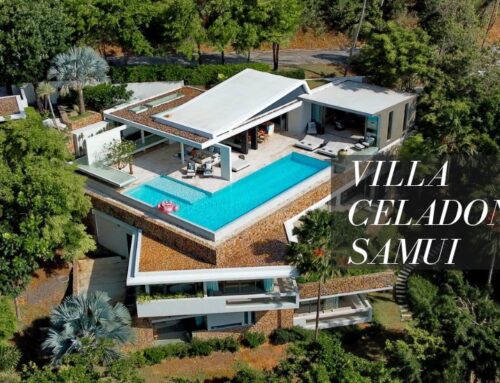
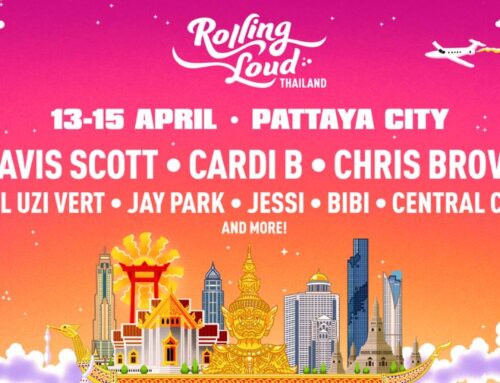
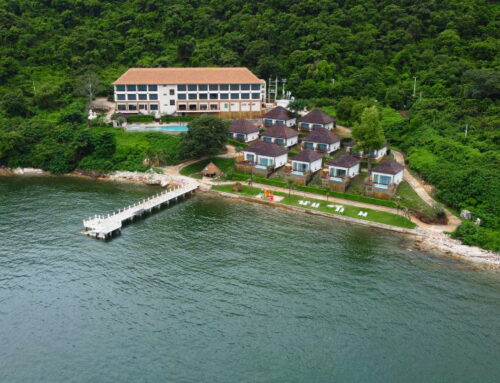
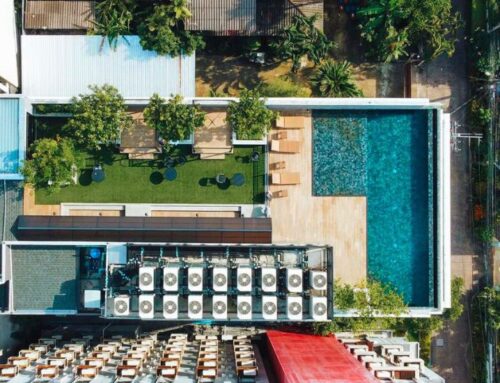
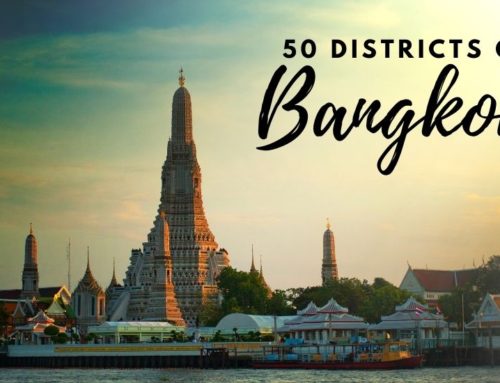

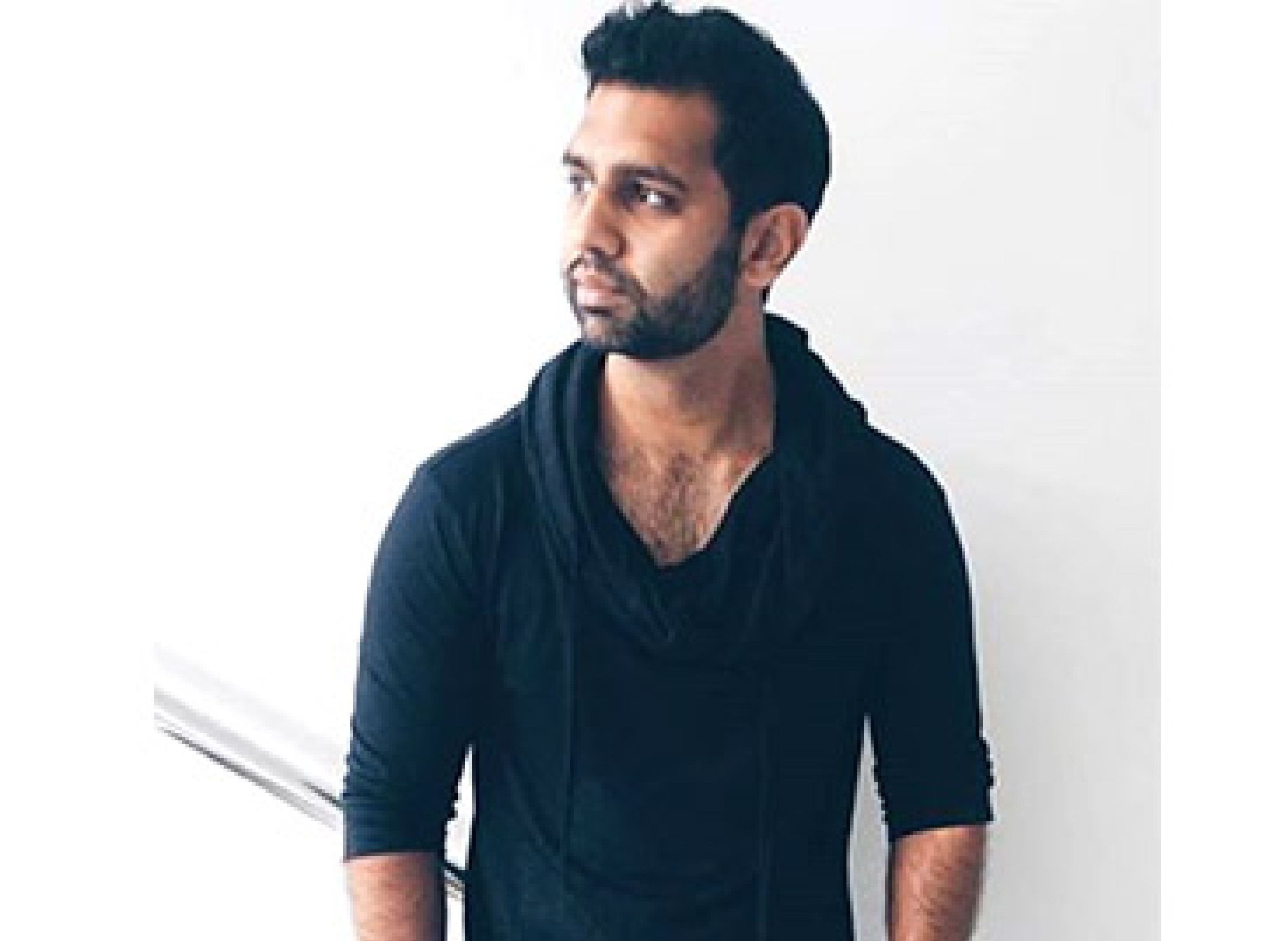
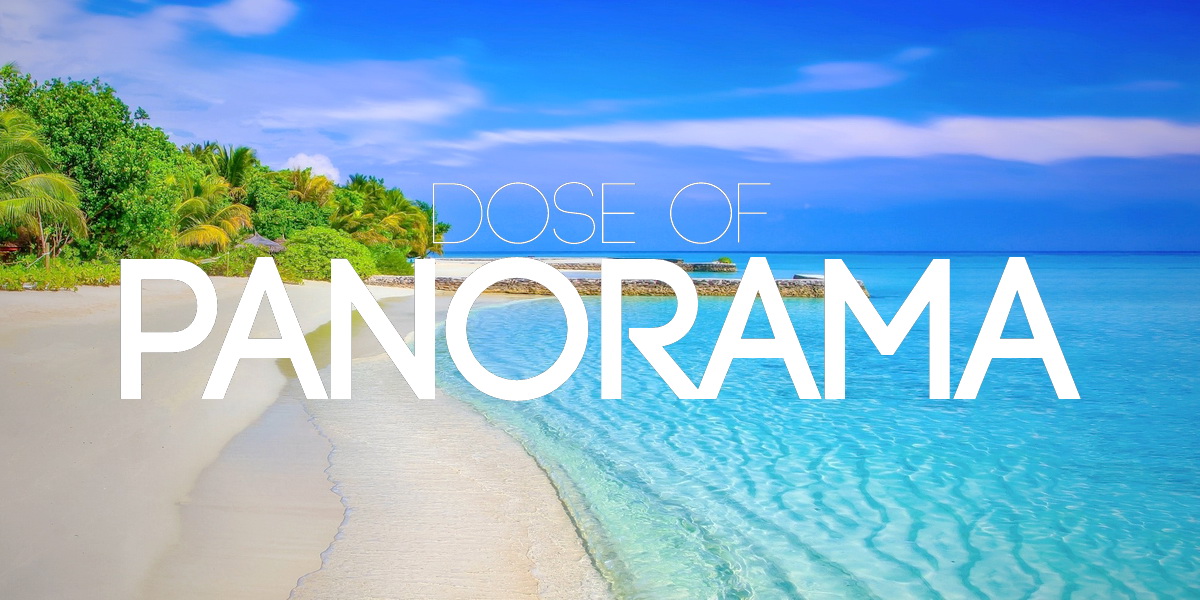
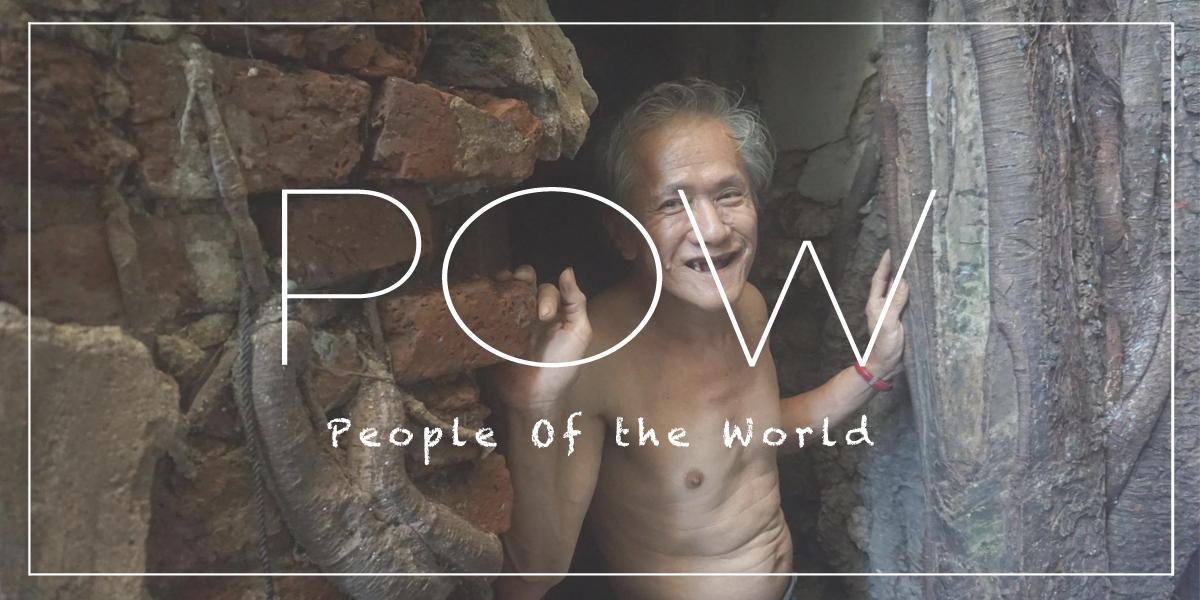
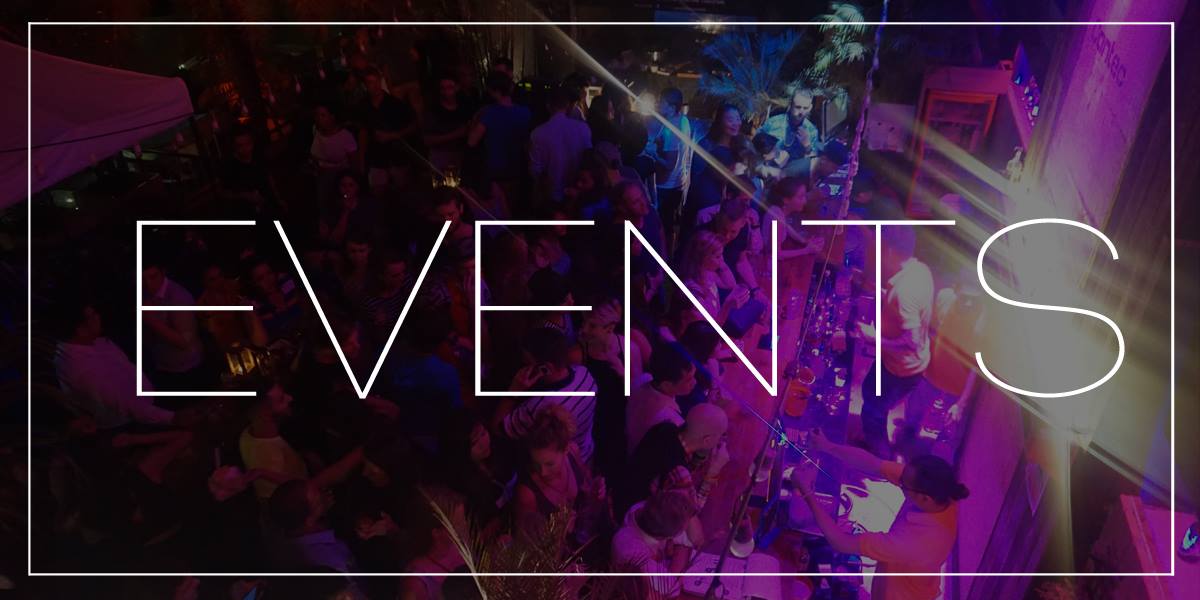




This post makes me want to pack a day bag and go explore Ayutthaya! Beautiful images guys!
Sne x
You don’t even need to pack a bag. Just get up and go! hehe thanks Sneha
It feels so weird to see someone else write about the places you’ve visited aswell. haha. Although its only been a few months, look through your pictures has already given me that sense of nostalgia!
Missing Thailand and its Thai milk teas right now
I know what you mean. I felt the same when I came across your post. If you’re ever back in Bangkok, give us a message. Keep in touch.
Oh I never knew that Ayutthaya is only an hour away from Bangkok – will definitely make a trip there next time. Lessons learnt from my travels to a number of ancient ruins in Asia – always start early to avoid the heat heheh… 🙂
Actually, a bit more than an hour but yea can get there without traffic. And yes, always start early to beat the heat and the crowds.